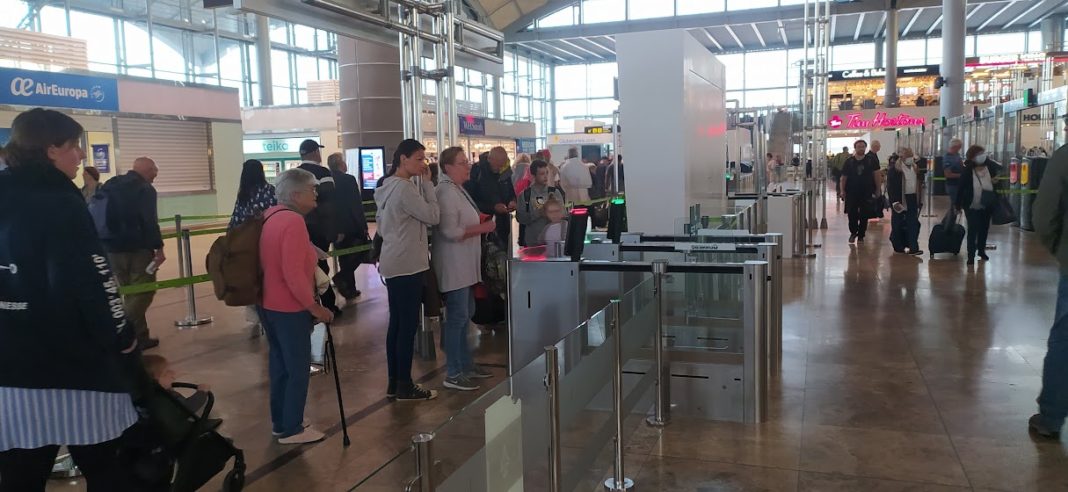Alicante-Elche Airport is expecting a busy winter season, with flights serving the UK dominating the schedule.
Throughout the winter season, which runs until March next year, airlines operating at the El Altet airport are offering a total of 5.46 million seats distributed among the 30,200 aircraft, figures that represent a growth of 10% more seats than those operated in the same 2019-2020 season, before the outbreak of the pandemic and double the growth at the state level.
It is not yet known how availability will translate into bookings however, nor is it clear how the boost will benefit the tourism and hotel sectors of the Costa Blanca, where some venues have already started discounting rates, particularly for the Christmas season.
Once again, airlines serving the United Kingdom are key to success, with 1.8 million passengers hoped for, although there is nervousness about the financial situation in the UK and how it might impact tourism. So far, however, October is “very good”, according to sources at the airport operator, Aena. This Tuesday was one of the busiest days of the week, when 288 flights were scheduled with about 52,000 passengers, figures similar to summer.
By geographical area, the European market brings together the largest offer of seats with a growth of 7% and nearly 4.4 million seats for the winter season. The growth of the national market stands out with nearly 950,000 seats and an increase of 28%. On the other hand, Africa lost 36% of places with an offer of 113,700 seats. Fall directly related to the crisis between Spain and Algeria.
By country, flights with the United Kingdom are the ones with the most seats, with more than 1.8 million seats, with an offer similar to the 2019 winter season, followed by Spain. Behind them, the Netherlands with more than 400,000 (28% more than in 2019), Belgium with 360,000 (32%) and Norway with more than 300,000 (19%). In percentage terms, the countries that grow the most are Poland (75%) and Denmark (51%).
In Spain, they highlight the increase in places with Palma de Mallorca (87%) and Madrid (43%). In the international market, the cities with the highest percentage growth are Brussels (36%), Oslo (32%), Manchester (27%) and Eindhoven (27%).





